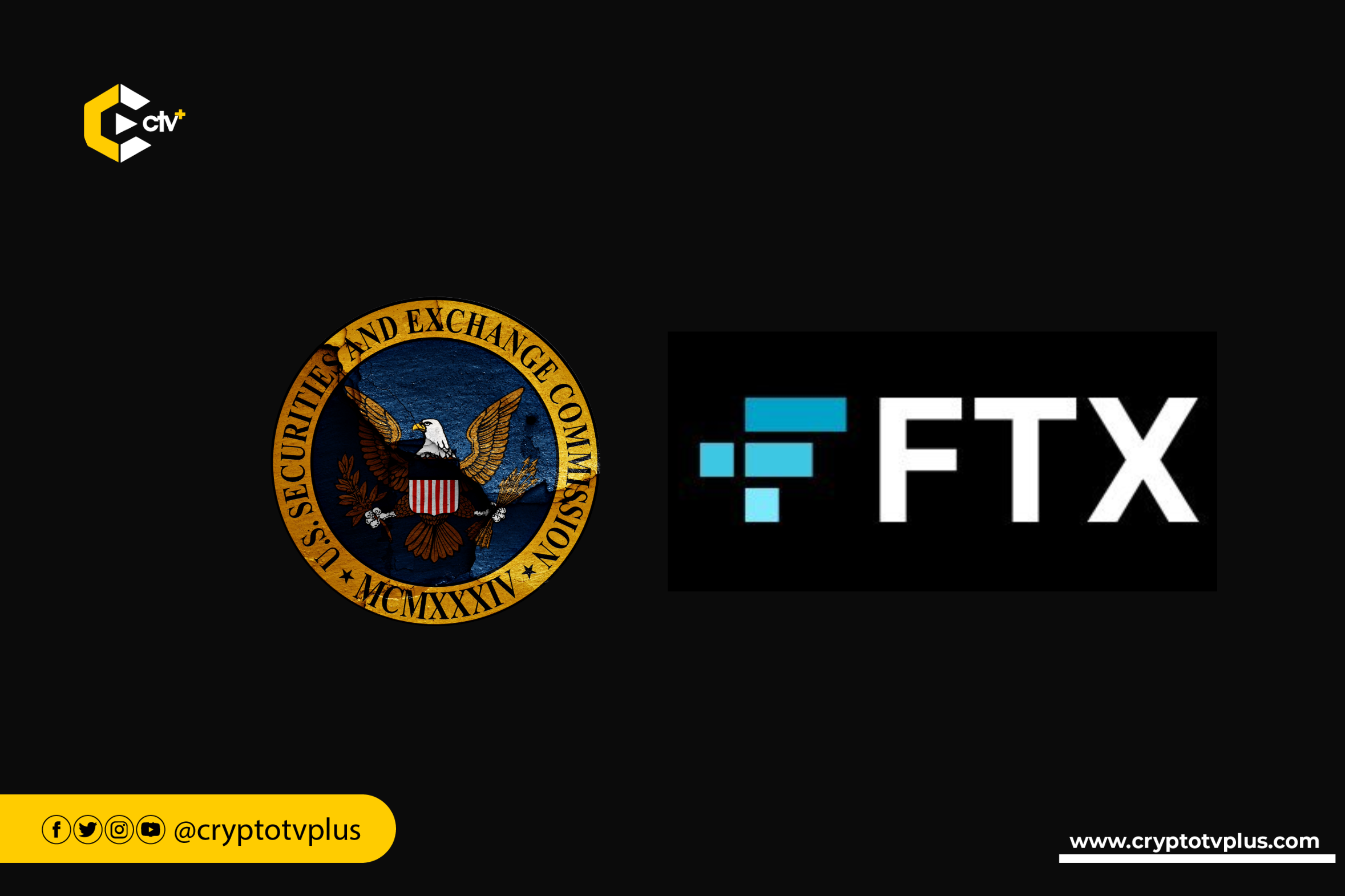News
SEC wants to challenge FTX crypto repayment plan

The U.S. Securities and Exchange Commission (SEC) may contest the repayment strategy proposed by FTX, the now-defunct cryptocurrency exchange. FTX aims to return funds to its creditors after declaring bankruptcy in November 2022.
Previously a dominant player in the global cryptocurrency market, FTX announced that the majority of its clients would be reimbursed for their outstanding debts within two years of its sudden collapse in November 2022.
FTX has revealed it owes approximately $11.2 billion to its creditors. However, the exchange projects it will have $14.6 billion and $5.5 billion in liquid assets available for distribution to these creditors.
The SEC is concerned about how this repayment plan could impact cryptocurrency regulations. They might intervene if they believe the plan fails to protect investors or violates securities laws. This heightened scrutiny follows significant industry failures like FTX, prompting regulators to tighten control over the cryptocurrency sector.
In a court filing on August 30 with the U.S. Bankruptcy Court in Delaware, SEC lawyers said that repaying creditors with stablecoins isn’t necessarily illegal. Still, they might challenge it if it involves crypto assets tied to the US dollar.
“The Debtors are exploring different distribution options, including potentially distributing stablecoins to certain creditors,” the SEC said. It also said that FTX hasn’t yet picked who will handle this distribution.
The document also reads, “The SEC is not opining as to the legality, under the federal securities laws, of the transactions outlined in the Plan and reserves its rights to challenge transactions involving crypto assets.”
Donald Trump doesn’t like the SEC boss, and wants to kick him out but only if this happens.
In response to this, the SEC’s position has faced criticism from some in the crypto world. Alex Thorn from Galaxy Digital said the SEC still claims that dollar-backed stablecoins (a type of cryptocurrency) might be classified as securities, even though they recently dropped their actions against Paxos and lost a case against Binance over another stablecoin, BUSD.
He added that this move is seen by some as an overreach of their authority and many people, including other regulators and political leaders, believe the SEC shouldn’t control stablecoins that are designed to keep their value stable.
























